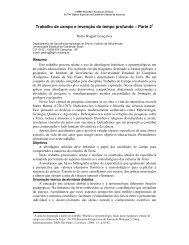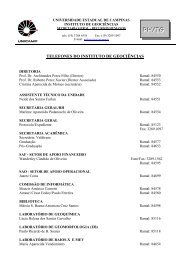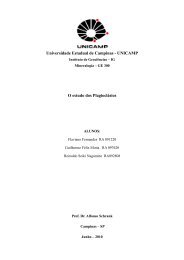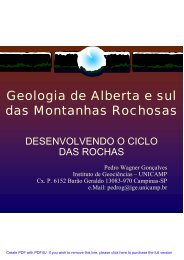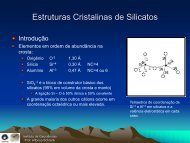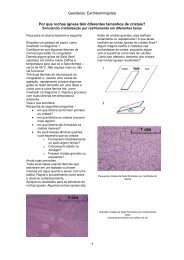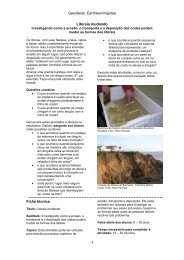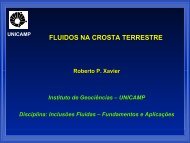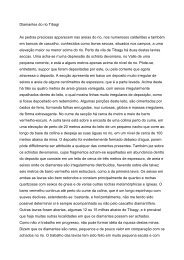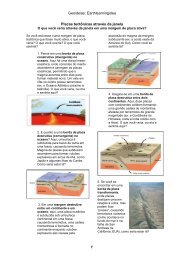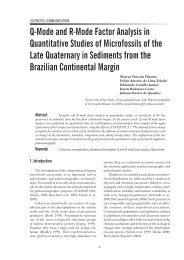ASTER User Handbook
ASTER User Handbook
ASTER User Handbook
You also want an ePaper? Increase the reach of your titles
YUMPU automatically turns print PDFs into web optimized ePapers that Google loves.
<strong>ASTER</strong> <strong>User</strong>s <strong>Handbook</strong><br />
• One-time coverage<br />
• High sun angle<br />
• Optimum gain for the local land surface<br />
• Minimum snow and ice cover<br />
• Minimum vegetation cover, and<br />
• No more than 20% cloud cover (perhaps more for special sub-regions).<br />
Allocation of Science Data<br />
At the present time, it is expected that approximately 25% of <strong>ASTER</strong> resources will be allocated<br />
to Local Observations, 50% to Regional Monitoring, and 25% to the Global Map.<br />
Global Map data has been further sub-divided among high priority areas which are currently<br />
allocated 25%, medium priority areas which are currently allocated 50%, and low priority areas<br />
which are currently allocated 25%.<br />
Regional Monitoring data sets and the Global Map will be acquired by <strong>ASTER</strong> in response to<br />
acquisition requests submitted by the <strong>ASTER</strong> Science Team acting on behalf of the science<br />
community. These Science Team Acquisition Requests (STARs) are submitted directly to the<br />
<strong>ASTER</strong> Ground Data System in Japan. Under limited circumstances, STARs for Local<br />
Observations may also be submitted by the Science Team.<br />
STARs for Regional Monitoring data are submitted by the <strong>ASTER</strong> Science Team only after a<br />
proposal for the Regional Monitoring task has been submitted and accepted. These "STAR<br />
Proposals" will be evaluated by <strong>ASTER</strong>'s science working groups before being formally<br />
submitted to the Science Team.<br />
An already-authorized <strong>ASTER</strong> <strong>User</strong>, who wants <strong>ASTER</strong> to acquire far more data than he or she<br />
is allocated, may submit a STAR Proposal to the Science Team. Please note that the process for<br />
evaluating STAR proposals is cumbersome and time-consuming. Far fewer STAR Proposals<br />
will be approved than <strong>ASTER</strong> <strong>User</strong> Authorization Proposals.<br />
28



